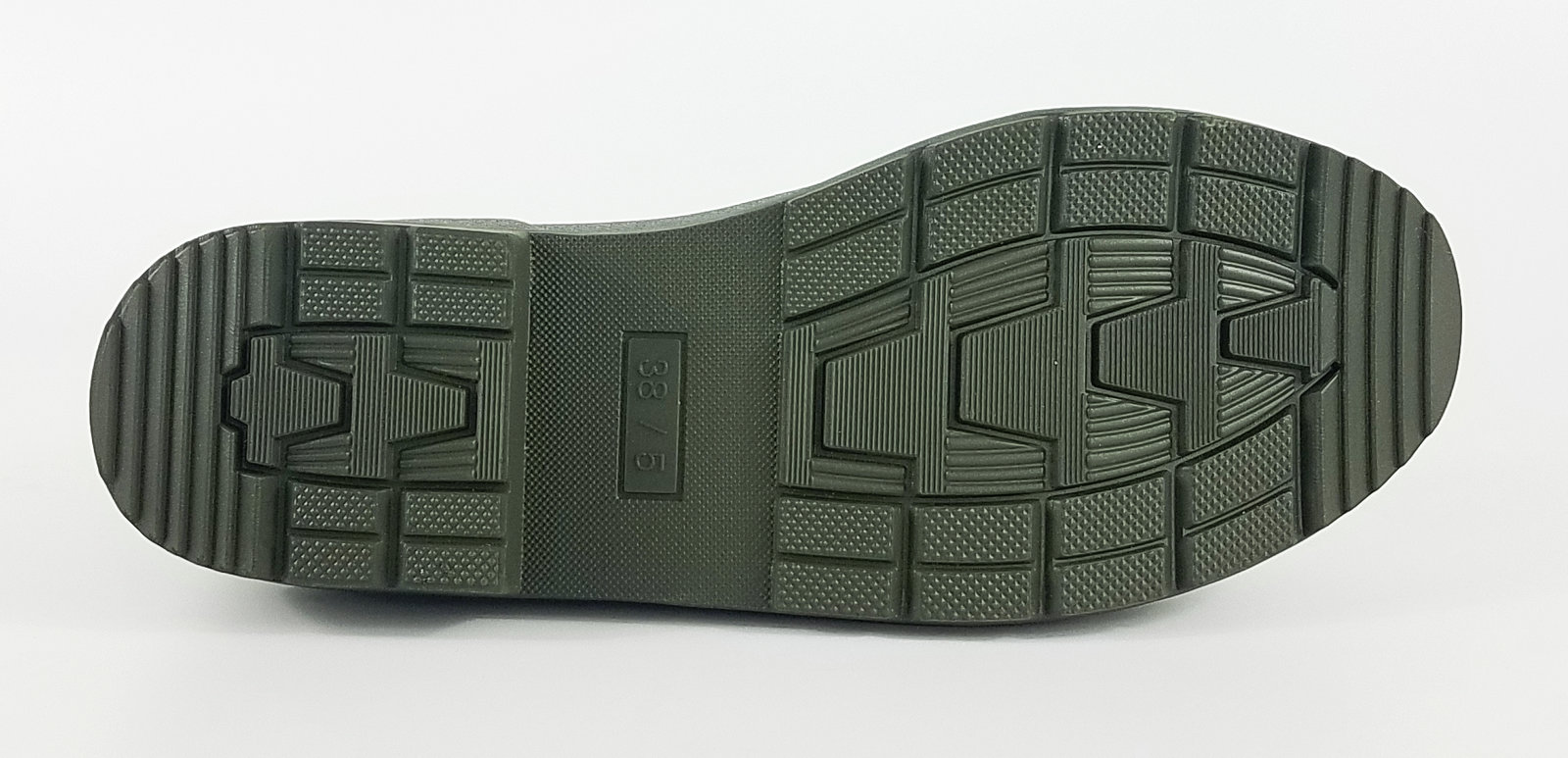The Benefits and Features of Insulated Wellingtons
As the colder months approach, the importance of appropriate footwear cannot be overstated. Whether you're trudging through snowy landscapes, navigating muddy fields, or simply seeking a reliable pair of boots for everyday wear, insulated wellingtons are an essential addition to your wardrobe. These specialized boots combine functionality with comfort, providing the perfect solution for anyone who faces wet and chilly conditions.
What Are Insulated Wellingtons?
Insulated wellingtons, often known as rubber boots or rain boots, are waterproof footwear designed to keep the wearer’s feet dry and warm. Unlike traditional wellingtons, which may only provide waterproofing, insulated versions are lined with materials such as neoprene or fleece. This insulation is crucial for retaining heat, making them ideal for cold weather or wet environments.
Why Choose Insulated Wellingtons?
1. Waterproof Protection One of the primary advantages of insulated wellingtons is their complete waterproofing. Made from durable rubber or synthetic materials, these boots prevent water from seeping in, allowing you to walk through puddles, mud, or snow without worrying about soggy socks. This feature is particularly beneficial for farmers, gardeners, and outdoor enthusiasts.
2. Enhanced Warmth Insulation is a key feature of these boots. The inner lining keeps your feet warm, which is essential when temperatures drop. Whether you're working outdoors or enjoying winter activities, insulated wellingtons offer the necessary warmth to maintain comfort during prolonged exposure to cold conditions.
3. Durability Insulated wellingtons are built to withstand harsh environments. The materials used are often resistant to wear and tear, making these boots a long-lasting investment. Unlike regular shoes, they are designed to endure rough terrains, whether it's rocky trails or muddy roads.
insulated wellingtons

4. Comfort and Fit Comfort is critical when selecting any type of footwear. Many insulated wellingtons come with cushioned insoles and ergonomic designs that promote good arch support. Additionally, sizes often cater to a wide range of foot shapes, ensuring you can find a pair that fits well without being too tight or loose.
5. Versatility Insulated wellingtons are not limited to specific activities; they can be utilized for a myriad of purposes. Whether you are gardening, going for a walk in the woods, or working on a farm, these boots adapt to various environments and occasions. Their stylish designs now also allow you to wear them casually without sacrificing aesthetics for functionality.
Choosing the Right Insulated Wellingtons
When selecting insulated wellingtons, consider the following factors
- Insulation Type Look for wellingtons with quality insulation materials that suit your climate. Neoprene is popular for colder conditions, while lighter insulation may be suitable for milder weather. - Height and Fit Choose the height that meets your needs. Taller boots offer more protection from water, while shorter styles may be easier to slip on and off. Always ensure a snug fit to prevent water from entering.
- Tread and Grip Depending on the terrain you'll encounter, select a pair with a good tread pattern for improved traction. This is particularly important in icy or slippery conditions.
Conclusion
Insulated wellingtons are much more than just a functional piece of footwear; they are an investment in comfort and protection against the elements. With their waterproof nature, insulating properties, and versatility, they cater to anyone looking to keep their feet dry and warm during the colder months. Whether you are an outdoor enthusiast or simply need reliable boots for daily chores, insulated wellingtons are a wise choice that will serve you well in various conditions.
-
White Rubber Shoes in Retro Fashion TrendsNewsJun.04,2025
-
Safety Wellies with Electrical Hazard ProtectionNewsJun.04,2025
-
Hunting and Fishing Boots for Rocky TerrainsNewsJun.04,2025
-
Eco-friendly Waders Made from Recycled MaterialsNewsJun.04,2025
-
Black Boots Rubber: Durability and Style CombinedNewsJun.04,2025
-
Women’s Waders: Comfortable Designs for All-Day FishingNewsMay.28,2025
-
Pairing Dresses with Fashion Rubber BootsNewsMay.28,2025











